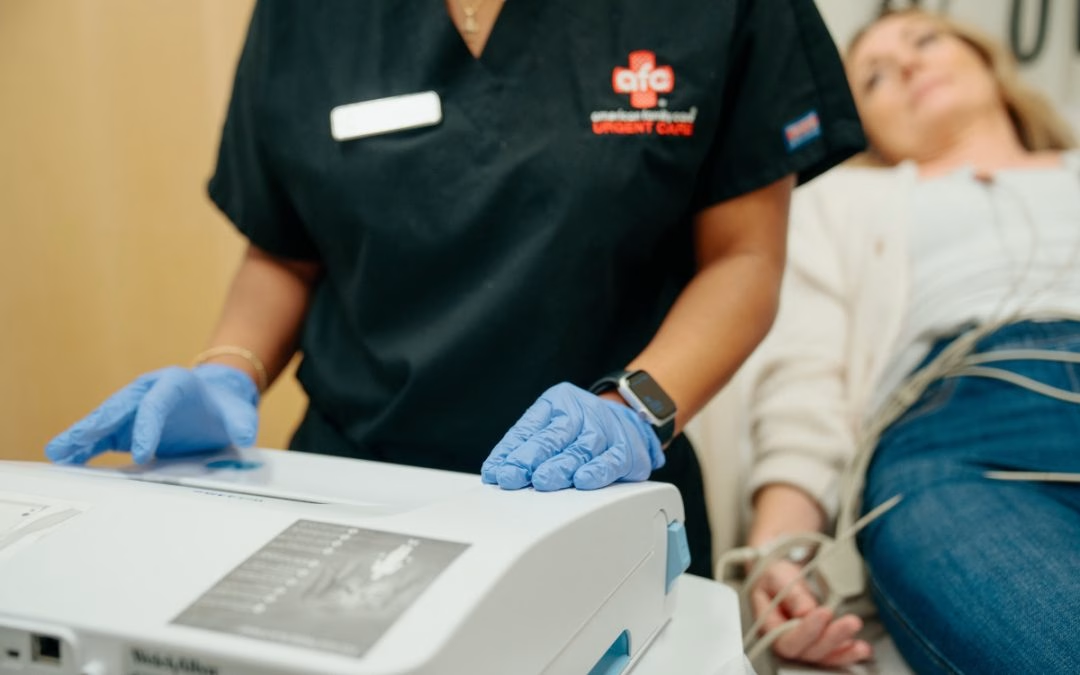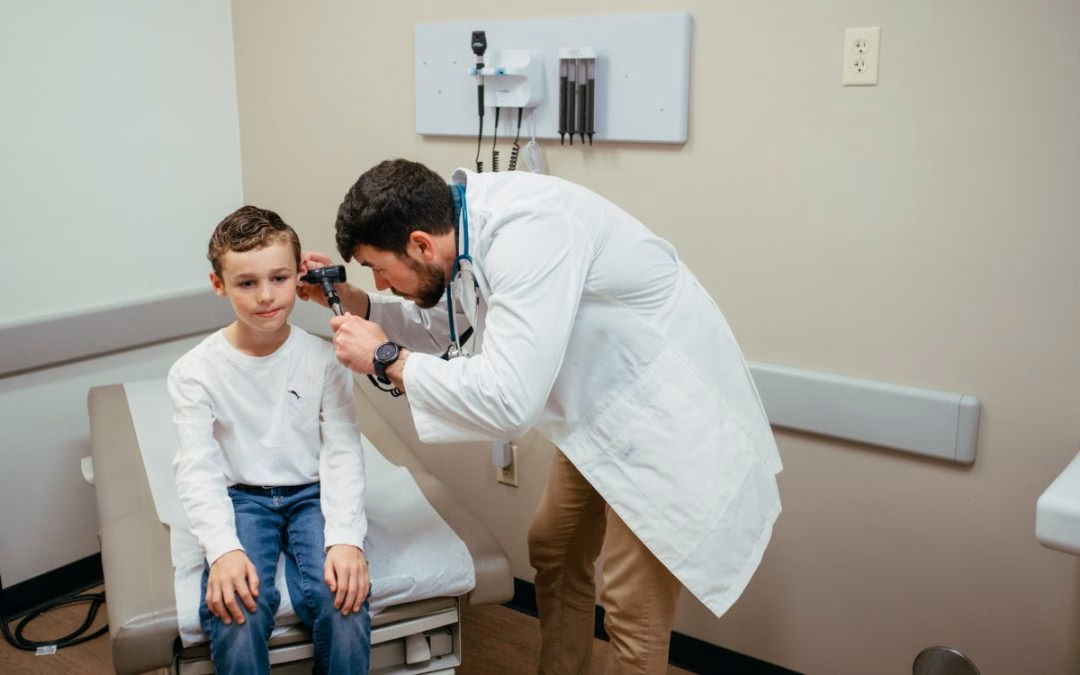
Worried about getting norovirus? Visit an urgent care near you today to talk with a professional. Walk-ins welcome.
Living in South Asheville, North Carolina, provides the perfect mix of outdoor adventure and small-town community, with easy access to the scenic beauty of the Blue Ridge Mountains, charming local spots, and thriving food scene. Whether you’re hiking along the Pisgah National Forest trails, or grabbing a bite at a local favorite like The Flat Rock Wood Room there’s no shortage of things to do. Even in this active community, Norovirus can spread quickly, especially at local gatherings or events. Recognizing the symptoms, minimizing risks, and taking steps to prevent the spread of this highly contagious virus are essential to keeping South Asheville healthy, so everyone can continue to enjoy the best our town has to offer.
Visit AFC South Asheville today.
What Is Norovirus?
Norovirus is a viral infection that causes acute gastroenteritis, which is inflammation of the stomach and intestines. The virus is highly contagious and can spread easily, especially in environments where people are in close contact with each other, such as schools, daycare centers, and public events.
Though the illness is typically short-lived, lasting 1 to 3 days, Norovirus can be spread during this time and even for several days after you feel better. Symptoms usually appear within 12 to 48 hours of exposure, and while the illness is unpleasant, most healthy individuals recover without needing medical attention. However, certain populations like young children, the elderly, and those with weakened immune systems may be at risk for more serious complications, particularly dehydration.
Symptoms of Norovirus
Norovirus infection comes on quickly, often with a combination of the following symptoms:
- Nausea and vomiting
- Stomach cramps
- Watery diarrhea
- Low-grade fever
- Muscle aches
- Fatigue or feeling generally unwell
Although most symptoms resolve within a few days, it’s important to note that the virus can still be spread through stool for several weeks, even after you feel better. Therefore, practicing good hygiene, especially washing hands and disinfecting surfaces, is essential during and after an illness to prevent further transmission.
Who is at Risk?
While Norovirus can infect anyone, certain groups are at higher risk for more severe symptoms, particularly dehydration, which can lead to more serious complications:
- Young children
- Older adults
- People with weakened immune systems
- Pregnant women
In these groups, dehydration and other complications from Norovirus can become serious and may require medical attention.
Preventing Norovirus in Your Community
Given how easily Norovirus spreads, it’s essential to take preventative steps, especially when attending public events or engaging in community activities. Here are some practical tips to reduce your risk:
- Wash your hands thoroughly with soap and water for at least 20 seconds, especially after using the restroom, handling food, or caring for children. Alcohol-based hand sanitizers are less effective against Norovirus, so soap and water are the best option.
- Disinfect surfaces that may be contaminated, such as countertops, doorknobs, and kitchen utensils. Use a chlorine bleach solution or a disinfectant specifically designed to kill Norovirus.
- Be cautious when eating out: In places where Norovirus is common, like cruise ships or crowded festivals, stick to cooked foods, drink bottled or boiled water, and avoid street food.
- Avoid close contact with others while you’re sick and for 2-3 days after symptoms resolve. Stay home from work, school, and community events to prevent spreading the virus.
- If someone in your household is ill, take extra precautions: Wear disposable gloves when cleaning up vomit or stool and disinfect the area with a proper solution to avoid contamination.
When to See a Physician
Most healthy people recover from Norovirus without medical treatment, but there are certain situations where it’s important to seek medical care:
- If symptoms, especially diarrhea or vomiting, last for more than a few days
- If there’s severe abdominal pain or blood in the stool or vomit
- Signs of dehydration, such as dry mouth, dizziness, reduced urine output, or feeling unusually tired
- For children, watch for signs of dehydration, which may include excessive sleepiness, fussiness, or crying without tears.
If you or a family member shows these signs, it’s best to consult a healthcare provider right away. If you’re unsure, walk into our clinic today – no appointment necessary.
Stay Safe and Healthy
While Norovirus can’t always be avoided, taking these steps can significantly reduce your risk of contracting it and help protect others in your community. Whether you’re enjoying the great outdoors, savoring a local dish, or attending a festive community event, staying informed and practicing good hygiene can help ensure that everyone can continue to enjoy everything your town has to offer.
If you or a loved one experience signs of dehydration or if symptoms persist, don’t hesitate to seek medical care. Visit your local AFC Urgent Care to get the support you need.


